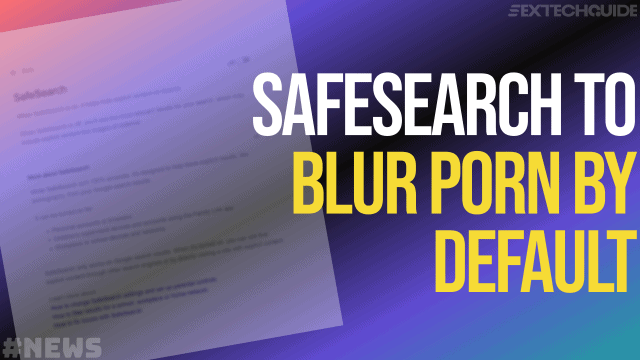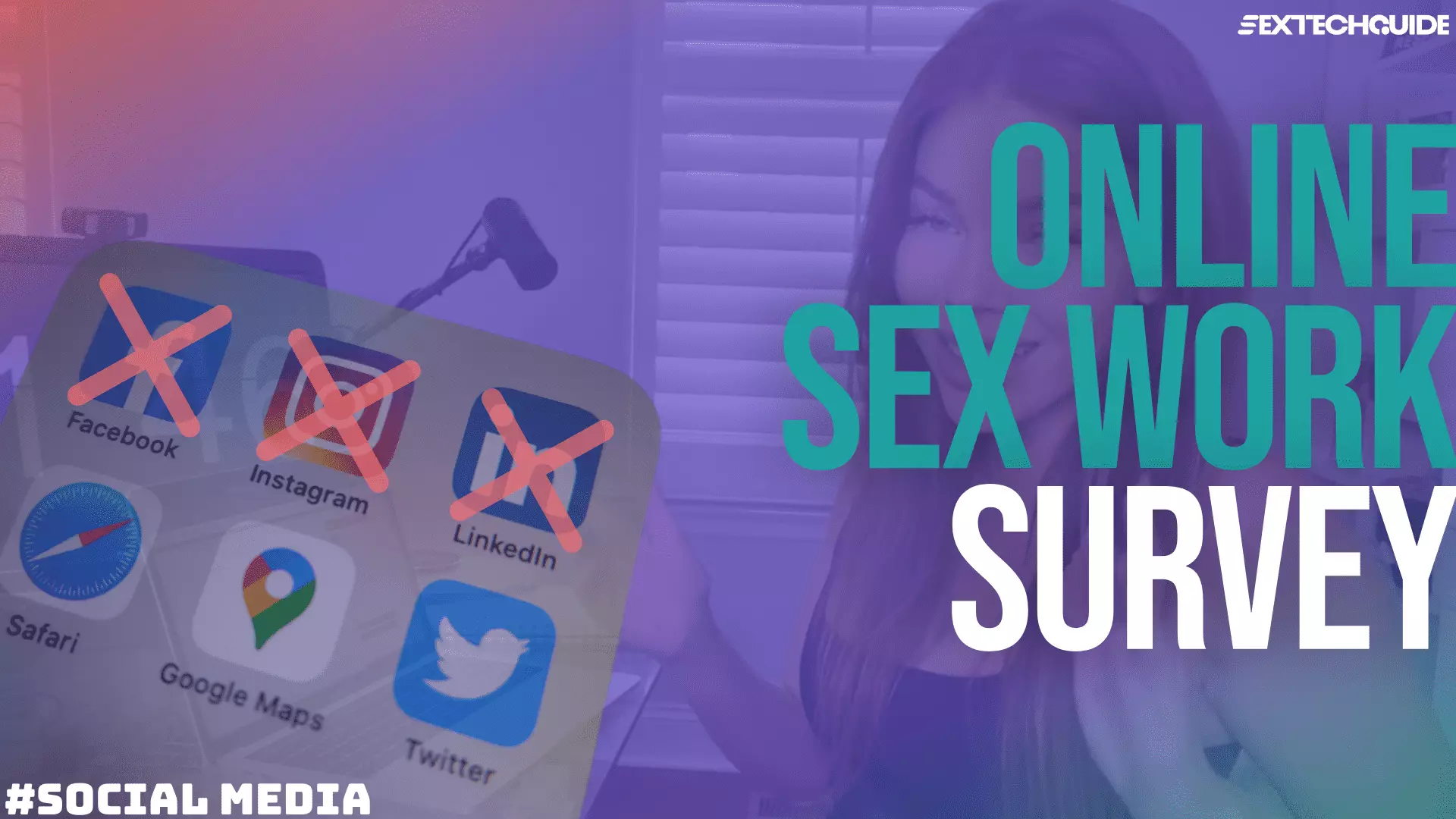Tumblr has introduced a ‘Community Labels’ function that will allow users to filter out content with ‘sexual themes’, in a move that suggests that the social media platform, which banned sexually explicit content in 2018, may be softening its approach to porn once again.
Announcing the move, Tumblr says that “our ultimate goal is to create a more open Tumblr” and that other changes are on the way to support this too.
With Community Labels, Tumblr users can choose to blur or hide content under the categories ‘sexual themes’, ‘violence’ or ‘drug and alcohol addiction’. The site gives the example of “a graphic 50 Shades of Grey edit” as something that would come under the ‘sexual themes’ remit.
The introduction of a sexual themes filter doesn’t mean that Tumblr, once a haven for NSFW content, will suddenly be filled with porn once again. Still, it led to users discussing whether the site’s vision for “a more open Tumblr” might mean a future with more nudity and sex stuff in it.
Tumblr’s star has fallen considerably since it banned explicit sexual content in 2018: a move the prompted a user exodus from the platform. In 2013, when it was bought by Yahoo, the platform was worth $1.1 billion. In 2019 Tumblr was bought by Automattic, the publisher owner of WordPress.com, for an undisclosed amount.
“Adult content… creates a huge number of potential issues with app stores, payment providers, trust and safety,” Matt Mullenweg, Automattic’s CEO, said after his company bought Tumblr.
Other social media sites such as Facebook and Instagram have also banned explicit sexual content, which as well as raising safety and legality issues puts off large swathes of investors and shareholders.
“It’s a problem area best suited for companies fully dedicated to creating a great experience there… I personally have very liberal views on these things, but supporting adult content as a business is very different,” Mullenweg added in 2019.
Those comments haven’t stopped many people commenting online about Tumblr potentially ‘bringing back porn’, but that’s a view that may still prove to be overly optimistic.
Read next: Facebook accused of ‘sexist undertones’ after banning sexual wellness ads









Leave a Reply